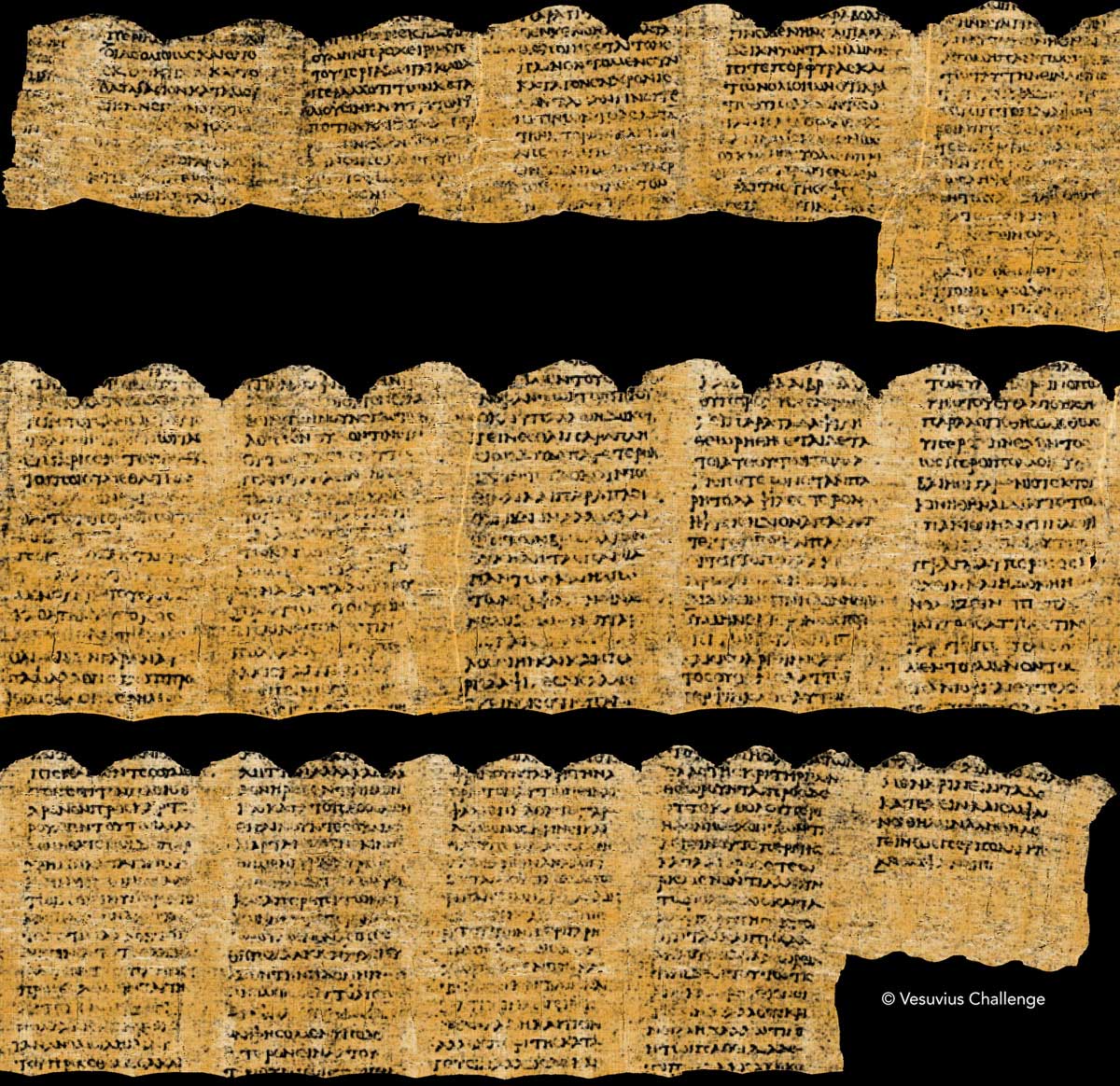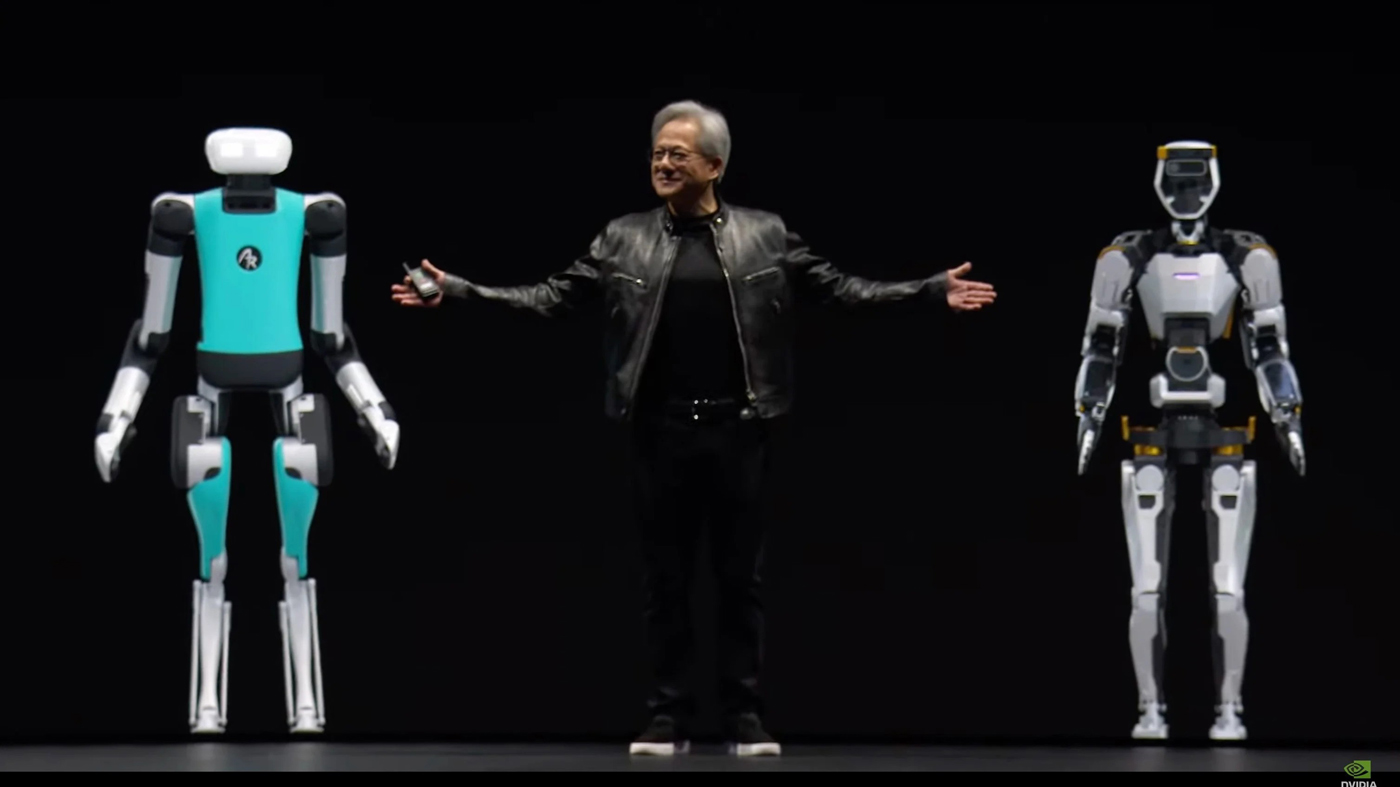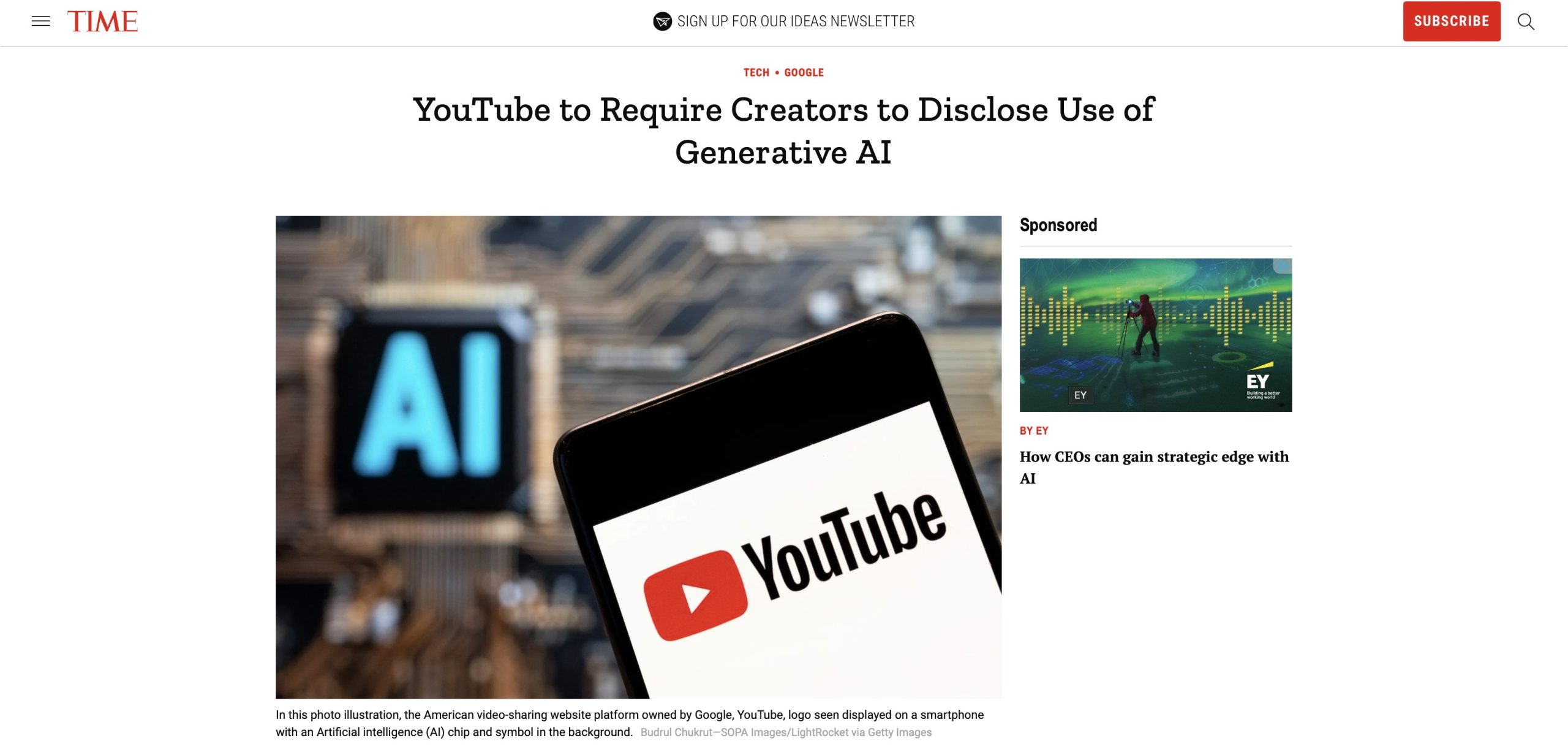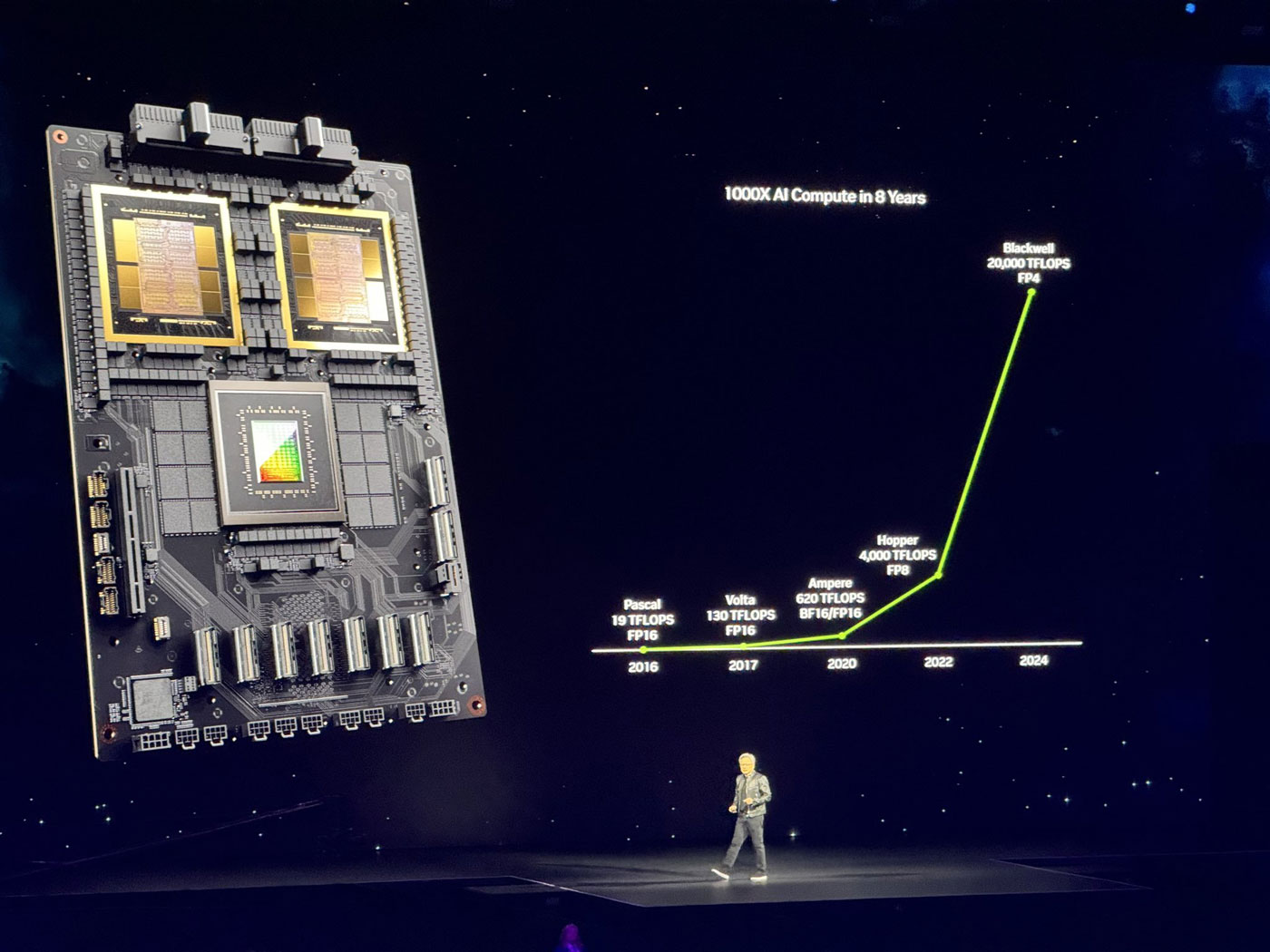New AI Breakthrough Deciphering 2,000-Year-Old Ancient Scrolls
For almost two millennia, the scrolls of Herculaneum, a Roman town tragically buried by Mount Vesuvius in 79 AD, have remained tantalizingly out of reach. Carbonized by the eruption’s heat, they held secrets of the ancient world, locked away in brittle, unreadable layers. However, a recent breakthrough using artificial intelligence (AI) has cracked open that lock, offering a glimpse into the potential treasures within and igniting hope for unlocking the vast library’s secrets.
In March 2018, the Vesuvius Challenge was launched, inviting researchers worldwide to tackle the seemingly insurmountable task of deciphering the scrolls using non-invasive methods. The challenge offered significant prize money for successfully reading specific passages. In late 2023, a major step forward was achieved when two computer scientists, Luke Farritor and Youssef Nader, independently identified the word “porphyras” (meaning “purple”) on a scroll using 3D X-ray scans and AI analysis.
This seemingly simple word holds immense significance. It demonstrates the feasibility of deciphering the scrolls and paves the way for further progress. The AI techniques employed involved training algorithms on existing ancient texts and known letter shapes, enabling them to recognize similar patterns within the X-ray images. While significant challenges remain, such as deciphering full sentences and accounting for potential errors, the success with “porphyras” offers a beacon of hope.
The implications of this breakthrough are far-reaching. The Herculaneum library, unlike its Pompeii counterpart, was largely intact before the eruption, potentially holding a wealth of philosophical, literary, and scientific works lost to history. Deciphering them could revolutionize our understanding of the Roman world, offering insights into daily life, philosophy, and scientific knowledge.
This success story represents a significant leap forward in the application of AI for historical research. It demonstrates the potential of AI to unlock knowledge hidden in damaged or fragile artifacts, opening doors to previously inaccessible information across various fields. The Vesuvius Challenge, with its ongoing efforts and potential for further breakthroughs, stands as a testament to the power of collaborative research and innovation in pushing the boundaries of historical understanding.
The road to fully deciphering the Herculaneum scrolls remains long and complex, the initial success with “porphyras” marks a pivotal moment. It signifies the dawn of a new era in unlocking the secrets of the past, where AI acts as a powerful tool in our quest to understand the lives and stories of those who came before us. The echoes of Mount Vesuvius’ eruption may have silenced Herculaneum for centuries, but with the help of AI, its whispers are finally starting to be heard.





